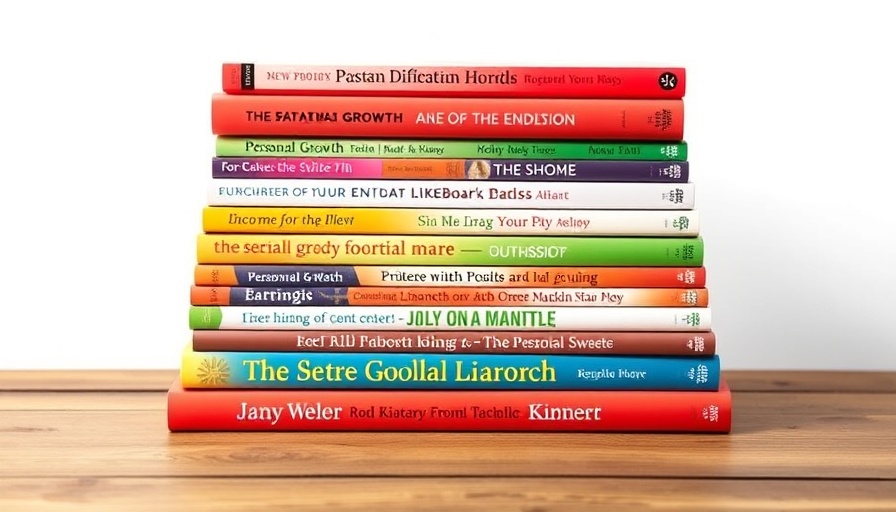
Scarcity of Tiananmen Literature: A Cultural Indicator
In Hong Kong, an alarming trend has emerged regarding literature on significant historical events, particularly the June 4th Tiananmen Square crackdown. Once readily available in bookstores and libraries, books discussing the crackdown have become increasingly rare. This scarcity not only challenges academic discourse but also highlights a larger cultural phenomenon—censorship and the erosion of historical memory in a city once celebrated for its openness.
Historical Context: The Impact of June 4th
June 4, 1989, marks a pivotal moment in China's modern history when the government violently suppressed pro-democracy demonstrations in Beijing's Tiananmen Square. This event is not merely a footnote in history; it symbolizes the struggle for civil rights and democracy against authoritarianism. In the wake of the crackdown, the Chinese government implemented stringent measures to stifle discussion and documentation of the events, shaping a narrative that is often omitted from public discourse.
Why the Scarcity Matters: Implications for Democracy
For professionals studying governance and policy, the diminishing availability of Tiananmen-related literature in Hong Kong poses significant implications for democracy and civil rights. A populace unaware of its historical struggles is more susceptible to the gradual erosion of these rights. It raises a critical question: how can societies advocate for democracy if the narratives of its defenders are being suppressed?
Counterarguments: Voices from Within
While many condemn this trend, there are perspectives that suggest a pragmatism in avoiding sensitive discussions. Some believe that moving past entrenched historical grievances can lead to national healing and stability. However, this perspective raises ethical concerns; should a society sacrifice its history to maintain peace or stability?
Relevance to Current Events: The Global Picture
The issue of suppressed literature in Hong Kong mirrors similar censorship struggles worldwide. In an age where misinformation and disinformation run rampant, controlling narratives becomes a tool in the hands of those in power. This calls for a collective effort to protect not only historical truths but also the principles underpinning democracy, such as free speech and access to information.
Actionable Insights: Promoting Awareness
As professionals and advocates, recognizing the significance of this literary scarcity is crucial. Here are actionable steps: 1) Encourage discussions around the importance of historical documentation in preserving democracy. 2) Support independent bookstores and organizations that champion free expression. 3) Engage in dialogues about civil rights that incorporate lessons from historical events like Tiananmen.
Conclusion: Preserving Our Historical Memory
The growing scarcity of books on the Tiananmen Square crackdown in Hong Kong serves as a poignant reminder of the fragility of democracy and the importance of historical memory. Engaging with this history is vital—not just for Hong Kong, but for all who value the principles of freedom and justice. As professionals, it is imperative to foster discussions that ensure this memory is not lost.
 Add Row
Add Row  Add
Add 




Write A Comment